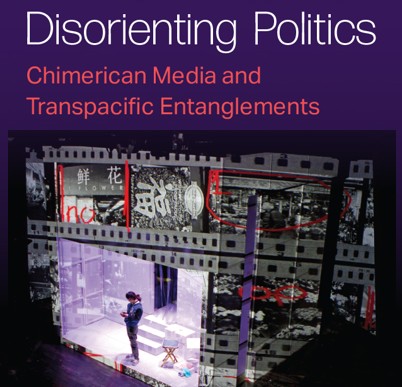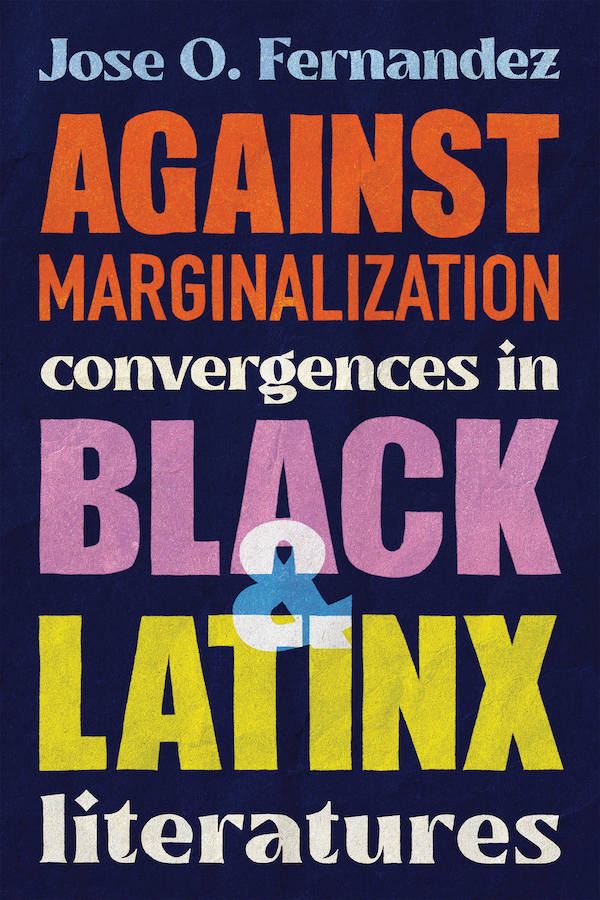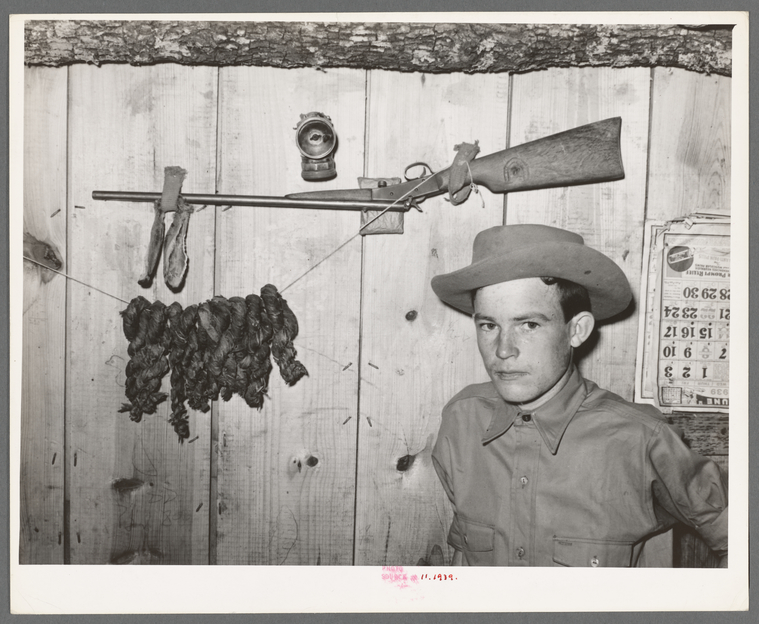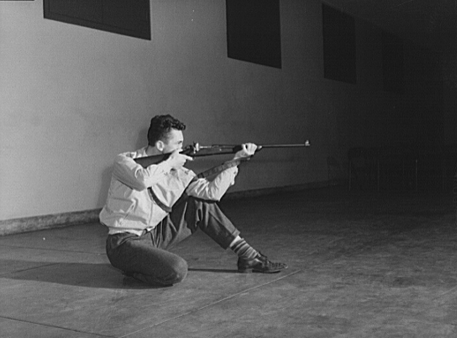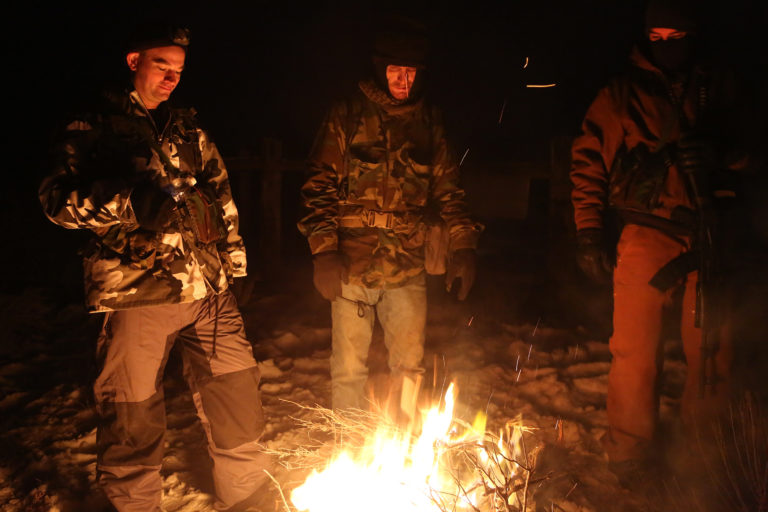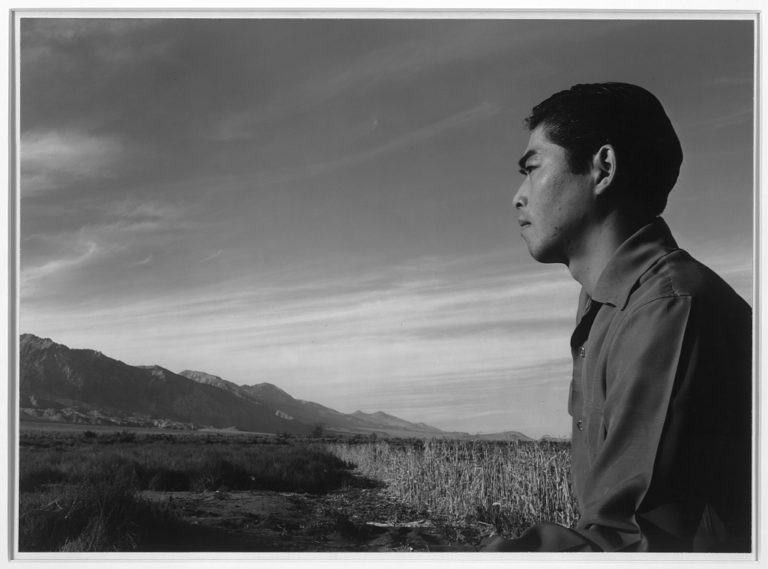Reflecting on this moment of “crisis”—an inadequate word to capture the scope, the cost, and the history of the present violences—we consider what “building something small” might look like, thinking complexly about the immediacy of people and our needs.
Keyword: United States
AI Literacy and the Changing Digital Political Landscape
Delores Phillips and Cultural Studies Association’s New Media and Digital Cultures Working Group Co-Host Reed Van Schenck discuss AI literacy, digital politics, and the 2024 US presidential election with authors Elizabeth Losh (William and Mary) and Rita Raley (UC Santa Barbara). This podcast is accompanied by a scholarly commentary by Stefania Milan.
AI Literacy and the Changing Digital Political Landscape
Delores Phillips and Cultural Studies Association’s New Media and Digital Cultures Working Group Co-Host Reed Van Schenck discuss AI literacy, digital politics, and the 2024 US presidential election with authors Elizabeth Losh (William and Mary) and Rita Raley (UC Santa Barbara). This podcast is accompanied by a scholarly commentary by Stefania Milan.
Chimerica: Disorienting Politics
Delores Phillips and Cultural Studies Association’s Globalization and Culture Working Group Co-Host Kathalene Razzano discuss Disorienting Politics: Chimerican Media and Transpacific Entanglements (University of Michigan Press, 2024) with author Fan Yang, along with writer and historian Mark Tseng-Putterman. This podcast is accompanied by a scholarly commentary by Marcus Breen.
Chimerica: Disorienting Politics
Delores Phillips and Cultural Studies Association’s Globalization and Culture Working Group Co-Host Kathalene Razzano discuss Disorienting Politics: Chimerican Media and Transpacific Entanglements (University of Michigan Press, 2024) with author Fan Yang, along with writer and historian Mark Tseng-Putterman. This podcast is accompanied by a scholarly commentary by Marcus Breen.
Review of Against Marginalization: Convergences in Black and Latinx Literatures by Jose O. Fernandez (The Ohio State University Press)
Jose O. Fernandez’s Against Marginalization: Convergences in Black and Latinx Literatures is an innovative project that takes conversations about literary and cultural history in a new direction. Recognizing the efforts of Black and Latinx scholars in crafting distinct literary traditions and histories, Fernandez uses his book to argue for cross-ethnic literary studies and identify similarities between Black and Latinx traditions. This endeavor revolutionizes conversations about literary history of the United States and challenges narratives of exclusion and silencing. This book serves to show the importance of knowing the names of authors and artists, and the communities that fought for them, because they make up the fabric of US history. To learn those names next to Faulkner, Twain, Hemingway, Steinbeck, and Fitzgerald not only makes them part of American literary tradition but also spotlights their absence and exclusion in a way that expands the boundaries of “literary tradition.” This review takes seriously Fernandez’s project, which opens exciting avenues for cross-ethnic historic study while also examining opportunities for future study.
Border Trash: Recovering the Waste of US-Mexico Border Policy in Fatal Migrations and 2666
This article examines how discourses of waste and wastefulness are applied to the bodies of border crossers and border dwellers along the US-Mexico border. Using Josh Begley’s 2016 digital memorial “Fatal Migrations” alongside the fourth section of Roberto Bolaño’s 2666, I examine how the matter of bodies plays an essential role in border policing. Forced into isolated and environmentally hostile areas, migrants are only visible through discarded objects, left behind during border crossing. As a result, American policy and discourse is able to associate migrant bodies with the trash they leave behind—effectively reducing migrant bodies to disgusting and ecologically dangerous. I look at “Fatal Migrations” to consider how the landscape is deployed against migrants and the vibrancy of their bodies after death. This reading leads to a consideration of waste across the border as seen in the fourth section of Roberto Bolaño’s 2666, “The Part about the Crimes.” A fictionalized representation of the feminicides in Ciudad Juarez, Bolaño’s narrative shows the reduction of women’s bodies to capitalistic waste. Taken together the two pieces illustrate the dismissal of bodies to waste and wasteful under overlapping immigration and economic policies. Moreover, both pieces show how death in the borderlands is central to American understandings of sovereignty. The result is increasingly militarized environments and solidified borders in the form of physical structures, cultural attitudes, and policy.
Review of Prison Land: Mapping Carceral Power Across Neoliberal America by Brett Story (University of Minnesota Press)
Brett Story’s Prison Land: Mapping Carceral Power Across Neoliberal America offers a timely reflection on the role of mass incarceration in remaking the neoliberal contours of contemporary U.S. culture. Working within the traditions of critical prison studies and structural critiques of neoliberalism, Story offers detailed portraits of a number of landscapes shaped by the logic of mass incarceration. She persuasively argues that the work of prison abolitionism must also encompass the deeper structural projects of abolishing racism and other injustices in society at large. This book is best read alongside the documentary, The Prison in Twelve Landscapes (2016), by the same author.
Introduction: US Gun Culture and the Performance of Racial Sovereignty
This introduction examines gun culture in the United States and argues that it is a product of the longstanding practices of settler colonialism, anti-Blackness, and misogyny that have shaped life in the United States. Invoking an anthropological definition of culture, it argues that gun violence is a central facet of US political and social life and that performances of gun use and ownership, particularly when enacted by white men, embody a kind of “racial sovereignty,” or a violent limitation of the practical applicability of citizenship to those who promulgate whiteness, maleness, and violence as primary markers of full belonging in the civic community.
The Self-Defeating Notion of the Sovereign Subject in US Gun Culture
The politicization of U.S. gun culture since the 1970s has popularized the idea that individual freedom and security is dependent upon the reclamation of traditionally defined sovereign powers. In this article, I outline how the exercise of popular sovereignty is a social relation of rule often involving extra-legal forms of violence, which regularizes unequal levels of vulnerability and security among various groups. I then address how the so-called sovereign subject, thought to be at the root of popular sovereignty, is conceptually contradictory and practically self-defeating. In practice, attempts to return to a supposed pre-political condition of personal sovereignty in order to secure individual freedom involves dismantling the very social conditions that enable such freedom in the first place.
On Civil Rights, Armed Citizens®, and Historical Overdose
Today’s radically sovereign Armed Citizen®—a commodity fetish trademarked by the NRA—derives his representational and ethical power from fantasies of self-defensive heroism rooted in historical distortions that obscure the traces of armed settler colonialist violence and racial capitalism. Such historical “overdose” flattens anti-racist civil rights activism, making us “complaisant hostages” of a selective memory that serves self-destructive, necropolitical structures today.
The Necropolitics of Liberty: Sovereignty, Fantasy, and United States Gun Culture
This article approaches the speculative fiction of the survivalist right as an archive that can illuminate the continuities between the fantasies of necropolitical power that animate the radical right and undergird the sovereignty of the United States. Focusing on Malheur National Wildlife Refuge occupier LaVoy Finicum’s 2015 novel Only by Blood and Suffering: Regaining Lost Freedom, this essay argues that such survivalist fiction, in imagining a future civil conflict that enables the reinstatement of Lockean property rights, should be understood as settler colonial rather than anti-statist. In representing the dystopian future in which “public lands” are reopened as a frontier, survivalist novels like Finicum’s reaffirm, rather than challenge, the fantasy that produces the constituted power of the United States.
Good [Black] Guys With Guns: Performance and the Anti-Black Logic of US Gun Culture
This article examines the police shooting of twenty-one-year-old E.J. Bradford at the Riverchase Galleria in Hoover, Alabama on November 22, 2018. After a brief investigation, the Alabama Attorney General’s Office absolved the officer who shot Bradford of any wrongdoing. Through a close reading of the Alabama AG’s report and a performance analysis of Bradford’s actions that night, this article argues that Bradford behaved exactly as he was trained to as a concealed carry permit holder and former enlistee in the Army. Bradford was the epitome of the NRA’s vaunted “good guy with a gun” who intervenes in a violent situation to save others’ lives. However, within the context of the United States’s gun culture, which envisions “good” gun owners as white and encourages police to rehearse responses that perpetuate anti-Black racism, Bradford was always going to be seen by police as suspect.
Review of Empire’s Tracks: Indigenous Nations, Chinese Workers, and the Transcontinental Railroad by Manu Karuka (University of California Press)
Empire’s Tracks: Indigenous Nations, Chinese Workers, and the Transcontinental Railroad by Manu Karuka suggests that the Transcontinental Railroad is a useful lens through which to view issues relating continental imperialism, countersovereignty, and capitalist modes of production.
Viewing Japanese Incarceration from Above & Below: Imperial Landscape and Racial Liberalism in Ansel Adams’s Born Free and Equal
This article examines the role of landscape in the visual and narrative representation of Japanese incarceration in Ansel Adams’s Born Free and Equal. Specifically, by analyzing the way it both draws upon and reworks what art historian Albert Boime calls the magisterial and reverential gaze, I argue that Born Free revises the thematic and visual trope of US frontier mythology to articulate a US racial liberal “structure of feeling” in the American century. Born Free oscillates between landscapes and portraits to establish an aestheticized account of frontier nature. In so doing, it forges a vision of racial democracy that can simultaneously “americanize” the Japanese body and universalize US global power. In other words, Born Free’s aestheticized frontier positions the minoritized Japanese body as a national icon that testifies to the racial liberal values of the US, and thus can authorize American (neocolonial) power globally.


